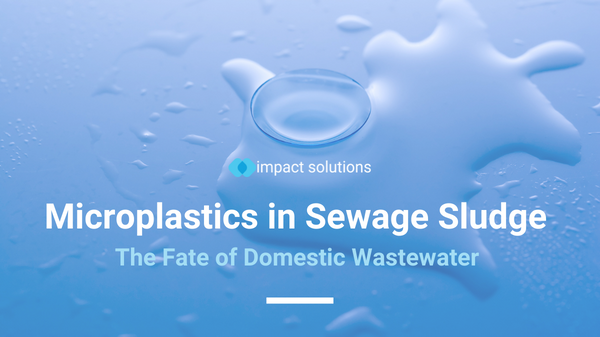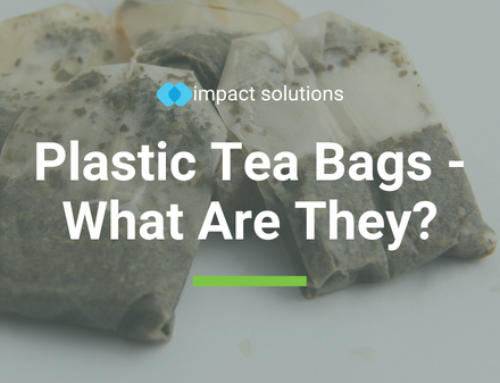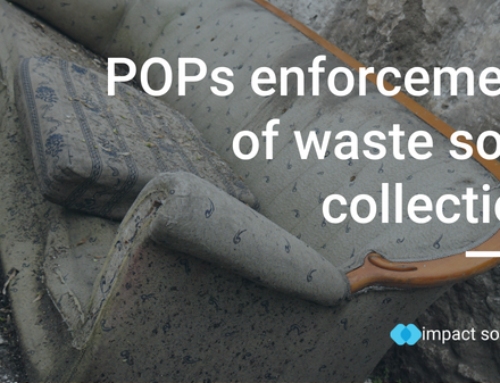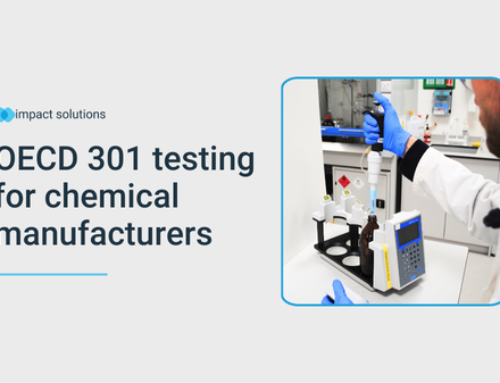Domestic sources of Microplastics
There are many sources of microplastics that make their way into wastewater treatment plants. Products we use every day contain plastic particles that flow into our domestic wastewater like health and cosmetic products. Products like toothpaste and scrubs contain plastic fragments or microbeads that act as polishing agents or exfoliants designed to be rinsed off after application. Often plastic fragments are created after larger items like contact lenses, sanitary products and wipes are discarded into wastewater. These everyday products are entering our domestic wastewater either from being flushed down toilets or rinsed down sinks.
Much of the clothing we wear regularly contains synthetic fibres from materials such as polyester, polyamide, acrylic and elastane which are often low-cost-effective materials. These materials are used as the result of fast fashion industries capturing runway looks to replicate and mass manufacture the latest fashion designs quickly but with a far lower cost. However, garments made from these materials easily shed fibres into microscopic particles (microplastics) during washing; entering our domestic wastewater.
The Fate of Domestic Wastewater
Developed wastewater treatment plants have capabilities of capturing and preventing a large percentage of microplastics from entering and contaminating the environment, however, a small percentage can still leak into the sewage sludge remains. This treated sewage sludge (biosolids) is often used as fertiliser for agricultural land providing a source of nitrogen and soil conditioner. Although this organic matter has good nutritional benefits for the soil, sewage sludge also contains the chemicals and microplastics that have leaked into the sewage sludge. In exposed agricultural land, radiation and weathering further degrade the microplastics present in the sewage sludge making them very difficult to recover.
Sustainable Solutions
Biodegradable plastics are now emerging as one of the options available to solve such environmental problems. By determining the degree of biodegradability of plastic materials, polymers, and additives used in everyday products, industries can lead and shape a more sustainable future.
Through Impact Solutions capabilities to conduct biodegradability testing we can offer a range of testing standards such as ISO 14851. By conducting biodegradability testing with Impact, we can determine your product’s end of life and allow you to make informed decisions and develop or increase your product’s sustainability.





